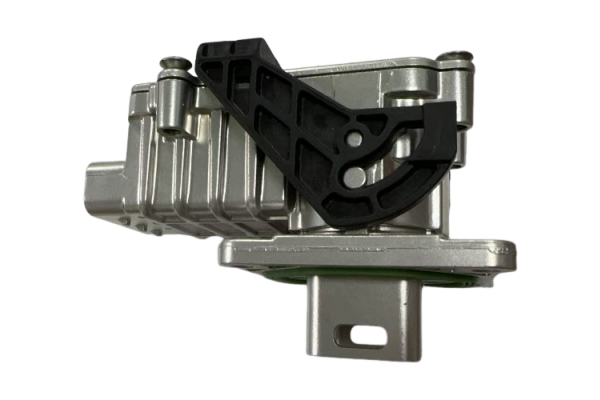
In today's rapidly evolving technological landscape, the field of robotics has gained significant prominence. Robots are no longer confined to science fiction movies; they have become an integral part of various industries, revolutionizing manufacturing, healthcare, agriculture, and more. As a highly skilled electrical electronics engineer, you possess the expertise to contribute to the development and construction of robots. This article explores the capabilities of electrical electronics engineers in building robots, highlighting the necessary skills, applications, and future prospects.
- The Role of Electrical Electronics Engineers in Robotics:
Electrical electronics engineers play a crucial role in the design, development, and implementation of robotic systems. Their expertise lies in understanding and manipulating electrical circuits, control systems, and sensors, which are essential components of a robot. By leveraging their knowledge, electrical electronics engineers can contribute to the creation of intelligent and autonomous machines. - Essential Skills for Building Robots:
To excel in building robots, electrical electronics engineers should possess a diverse skill set. These skills include:
a) Circuit Design and Analysis: Proficiency in designing and analyzing electronic circuits is fundamental for building robots. Engineers must understand the principles of analog and digital electronics, microcontrollers, and power management.
b) Control Systems: Knowledge of control theory and systems is vital for developing robots that can perform tasks accurately and efficiently. Engineers must be skilled in designing feedback control systems, implementing PID controllers, and understanding motion planning algorithms.
c) Programming: Proficiency in programming languages such as C++, Python, or MATLAB is essential for developing the software that controls a robot's behavior. Engineers should be able to code algorithms for perception, decision-making, and motion control.
d) Sensor Integration: Understanding various sensors like cameras, lidar, ultrasonic sensors, and encoders is crucial for enabling a robot to perceive and interact with its environment. Electrical electronics engineers should be adept at integrating sensors into the robot's architecture and processing their data.
- Applications of Electrical Electronics Engineers in Robotics:
The skills possessed by electrical electronics engineers find applications in various domains of robotics, including:
a) Industrial Automation: Engineers can contribute to the development of robots used in manufacturing processes, enhancing productivity, precision, and safety.
b) Healthcare: Robots are increasingly being used in healthcare settings for tasks such as surgical assistance, patient monitoring, and rehabilitation. Electrical electronics engineers can contribute to the design and development of medical robots.
c) Agriculture: Robots are transforming the agricultural sector by automating tasks like planting, harvesting, and monitoring crop health. Electrical electronics engineers can contribute to the development of agricultural robots equipped with advanced sensing and control systems.
d) Exploration and Defense: Engineers can contribute to the creation of robots used in space exploration, deep-sea exploration, and defense applications. These robots often require advanced autonomy and robust communication systems.
- Future Prospects and Emerging Technologies:
The field of robotics is continuously evolving, presenting exciting opportunities for electrical electronics engineers. Some emerging technologies that are shaping the future of robotics include:
a) Artificial Intelligence (AI): Integration of AI techniques, such as machine learning and computer vision, enables robots to adapt and learn from their environment, enhancing their capabilities.
b) Internet of Things (IoT): Connecting robots to the IoT ecosystem allows for seamless communication, data sharing, and remote control, opening up new possibilities for automation and collaboration.
c) Human-Robot Interaction: Advancements in human-robot interaction technologies, including natural language processing and gesture recognition, are making robots more intuitive and user-friendly.
Conclusion:
As an electrical electronics engineer, you possess the skills and knowledge to contribute significantly to the field of robotics. By leveraging your expertise in circuit design, control systems, programming, and sensor integration, you can play a vital role in building robots across various industries. The future of robotics holds immense potential, and your proficiency in these areas positions you at the forefront of this transformative technology. Embrace the opportunities, expand your skill set, and be part of the revolution that is shaping our world.





